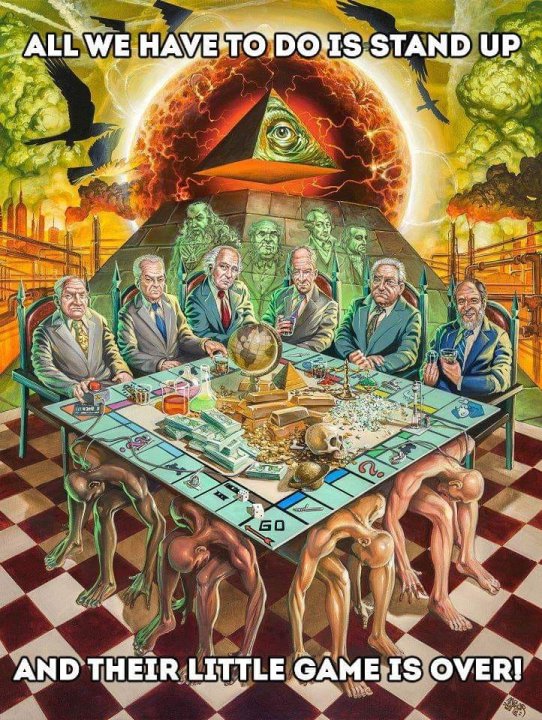Is a degree the answer to reducing poverty?
In 1960, 7.7% of adults above the age of 25 had a degree, today 37.5% over the age of 25 have a degree. Almost 40% of 25 and older have a degree, yet poverty remains unchanged. Is a degree really necessary to make a good wage? Is a degree valuable in the workplace? Just something I stumbled across and questioned.























